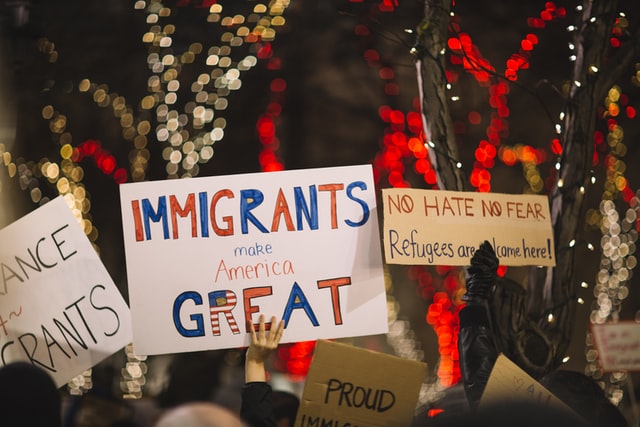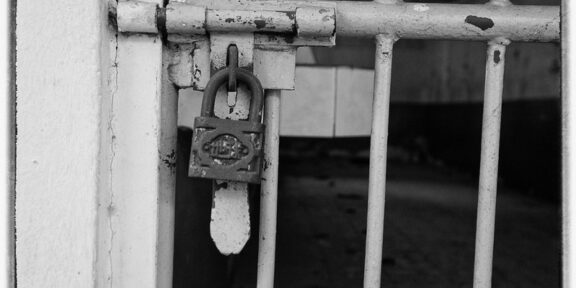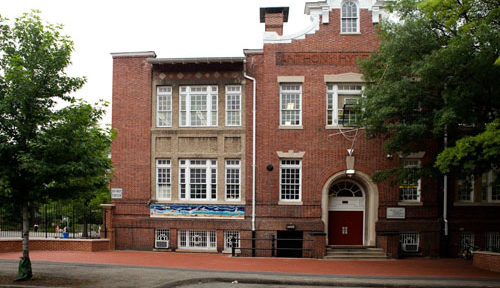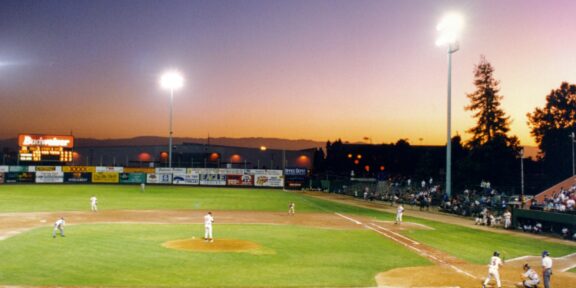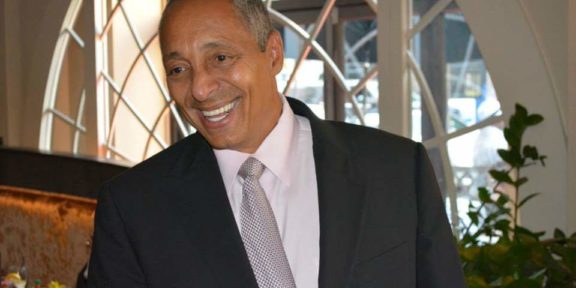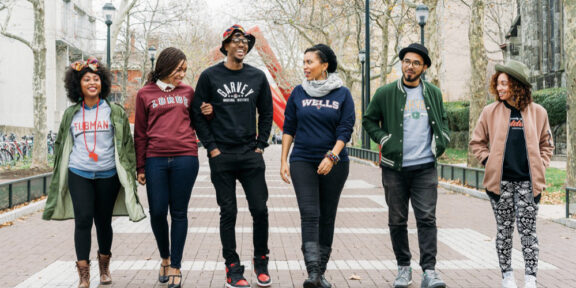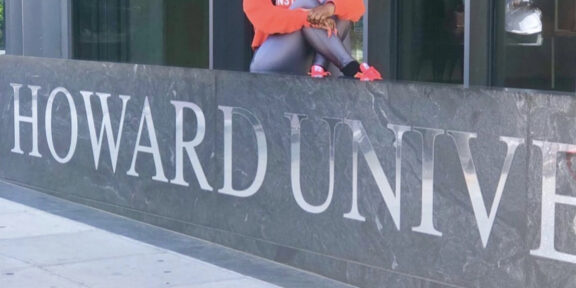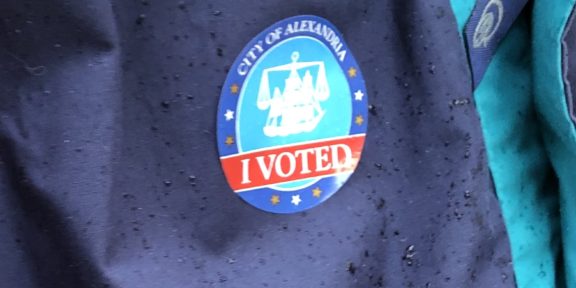Kendall Lanier, Howard University News Service
The presence of immigrants in Kansas City, MO has grown rapidly in the past quarter century. In 1990 there were 33,000 which then grew to 135,000 in 2015. As a result of this growing number, there are several immigration services accessible to those in the area.
Giselle Conejo, a 20 year old hispanic resident of Kansas City, MO all her life has immigrant parents. Her mother and father immigrated to Kansas City from Mexico when her mother was pregnant with her. Her mom came over first and walked across the border. Her husband came over after finding out his wife was pregnant with Giselle. In Mexico she was taught some English but not enough to make her proficient. This made it difficult to find a job that paid well. According to Conejo, Most Mexican immigrants end up working in a house cleaning or cooking jobs.
Conejo’s parents biggest struggle was learning the English language. In addition to their struggles with the language, they also struggled with racism and discrimination. When her mother and father attempted to get jobs they would have to endure rude comments when they could not communicate.
The couple was led to Kansas City because Conejo’s grandpa was laid off from his job in Mexico at an electricity plant. He moved to Texas five years before her parents came over so he could get settled. He heard there were a lot of job opportunities in KC which led him to make the move.
Conejo has not faced anything out of the ordinary from being a daughter of immigrants. “I grew up in Overland Park which is a predominantly white area, we were darker skin tone and I felt like I couldn’t really identify with anyone. Mexicans called me white and white people called me Mexican,” she said.
Prior to 2010, immigrants were able to apply for a license. After this law was removed, it made it more difficult for immigrants to live comfortably. According to the American Immigration Council, immigrants in the city make up an essential part of the workforce. Undocumented immigrants comprised four percent of Kansas’s workforce in 2016.
A community organization looking to unite various minority groups in the city, Bridges KC, was founded in 2017 by a Black High School student at the time, Lauren Winston. Winston is now in college at Vanderbilt University and continues her efforts she started in the city by being a very involved member of her school’s National Association for the Advancement of Colored People chapter. Bridges KC focuses on providing info to the community on social issues and diversity. She has grown so much since she first decided to begin her non-profit, but one thing has remained the same: her passion for inclusivity and equality.
“Given the circumstances of Kansas City’s racial history, I think that the experiences of immigrants in KC is probably exacerbated by racial discrimination. In order to protect them I think for starters it would be very helpful to amplify their voices and make their experiences more well known,” Winston said.
Giselle’s 18 year old younger brother, Ricky Conejo, has similar experiences and feels passionately about the topic. Growing up, he watched his parents struggle to get jobs and make their own way because of their culture and background.
“The most painful part about having immigrant parents were the jobs. People take advantage of them because they didn’t know any better. Ignorance in the hispanic culture is immense when it comes to jobs and standing up for themselves,” he said.
Giselle and Ricky come from a hardworking family trying to do the best they can. They have seen their own family members be deported and have each had to deal with prejudices for being Hispanic. As a hispanic man, Ricky has been stopped by the cops and looked at differently for speaking Spanish in public several times. It has never been easy for them, but what made it worse was the election of Donald Trump and has made him look at the country differently.
“Trump was a big part of the bad view I now have for the government and the citizens of the U.S. who voted for him. The election of Trump really made me realize how much racism and prejudice is still in this country,” said Ricky.
The immigration issues at the border continue to rise as Biden is in office and racism and hate crimes are as apparent as ever. Immigrants are often praised for one aspect of their culture, but denied respect as a human being.
Ricky says “I believe that the acceptance of the people, not just the food or the culture would help a lot of people, as well as helping each other learn English. I think putting your people on is the most important thing someone can do.”

